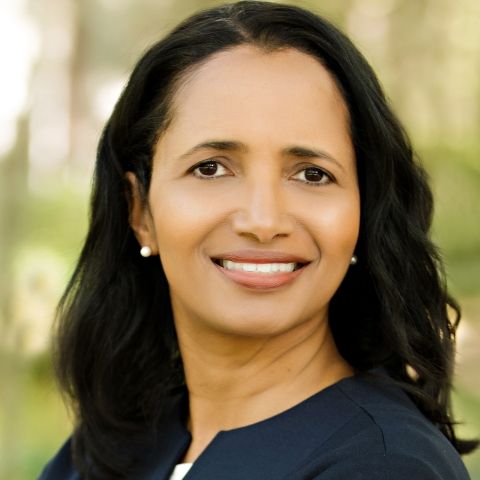In 2018 the U.S. government announced that Chinese espionage was occurring in university research labs, and the Department of Justice subsequently made it a high priority to prosecute economic espionage in academia. The DOJ’s grave concerns about espionage in academia have continued, and the Director of the FBI has lamented that American taxpayers are footing the bill for China’s technological development. This geopolitical concern about espionage has had real world and personal consequences in academia. Since 2019, over a dozen high-profile criminal prosecutions have put prominent professors at major research universities across the country in handcuffs and almost all the professors have been convicted of a crime.
Yet, my investigation and analysis of these cases reveals much ambiguity about the very concept of academic economic espionage. Most telling, although labelled as spies, not one of the professors was actually charged with economic espionage. Unlike in the corporate arena, there are fundamental questions surrounding the feasibility of prosecuting espionage in the university context. I theorize that this is because academia is grounded not in a culture of ownership, but of openness and sharing. Accordingly, this Article posits that while there is no de jure exceptionalism for universities when it comes to espionage, there may be de facto exceptionalism due to the lack of a proprietary culture that is typically at the heart of espionage cases. The academic prosecutions and other signals suggest that may be shifting, however, as the legal structure and larger incentives are directed toward greater recognition of proprietary interests in academia.
Citation
Elizabeth A. Rowe, Academic Economic Espionage?, 65 William and Mary Law Review, 1–77 (2023).
